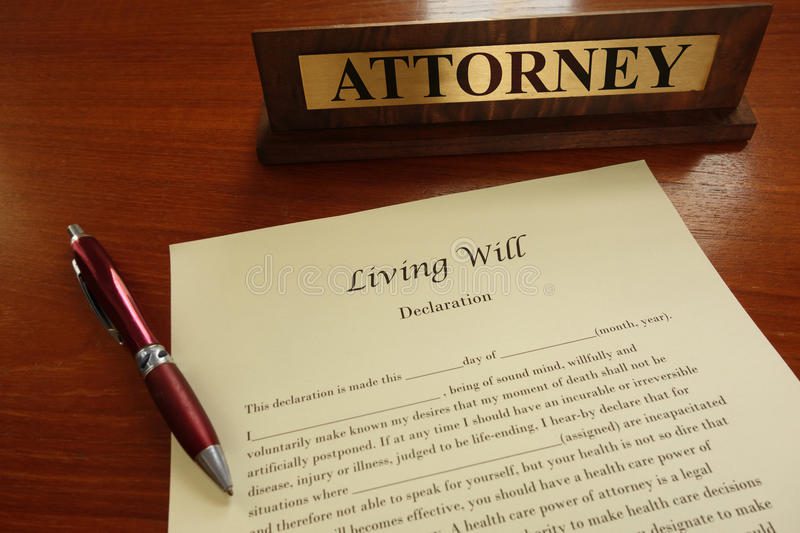No matter your age, amount of wealth, or social status, almost everyone should consider how they want their assets distributed upon their death and what decisions will be made by whom, if they are unable to make those decisions later in life.
CNBC’s recent article entitled “Estate planning 101: the do’s and don’ts, what to expect to pay and what your options are” says that for the sake of yourself — and, more importantly, your loved ones — getting your estate and health-care directives in order can prevent a lot of emotional pain and suffering in the future.
Drafting your will. A will states how you want your assets distributed after you die. It requires you to appoint an executor of your estate. You detail who’s to receive which assets and whether there are any conditions that need to be met before beneficiaries receive their inheritance, such as minors reaching a certain age first. A big myth is that that, absent a will, all assets and investments go to the spouse. However, state law will say what happens to the estate if there is no will. For example, some portion (perhaps half) may go to the spouse, and half to the children.
Designating beneficiaries. A simple alternative to the execution of a will in court is to set up beneficiary designations for your specific assets. This can be accomplished with bank accounts, life insurance, investment accounts, as well as personal property and real estate in some states. It removes those assets from the estate and reduces the cost of settling the estate in court.
A health-care power of attorney. Selecting someone to make health-care decisions for you is critical if you become unable to do so. This document lets you empower another person as agent to make those decisions. This also lets you detail healthcare and medical treatments you may not want under different circumstances. Your health-care agent will be required to follow those wishes.
Specify your wishes in a living will. Like a health-care power of attorney, a living will provides directions for life-saving treatments you may or may not want under different circumstances. Your health-care agent will be tasked with making certain that your wishes are followed.
Do not resuscitate (DNR) order. Note that a “do not resuscitate,” or DNR, order is a separate document that’s part of a living will. A DNR describes under what conditions you would not want life-saving treatments. Know that healthcare institutions frequently require that people fill out their own in-house forms regarding health-care directives.
Reference: CNBC (June 20, 2022) “Estate planning 101: the do’s and don’ts, what to expect to pay and what your options are”

